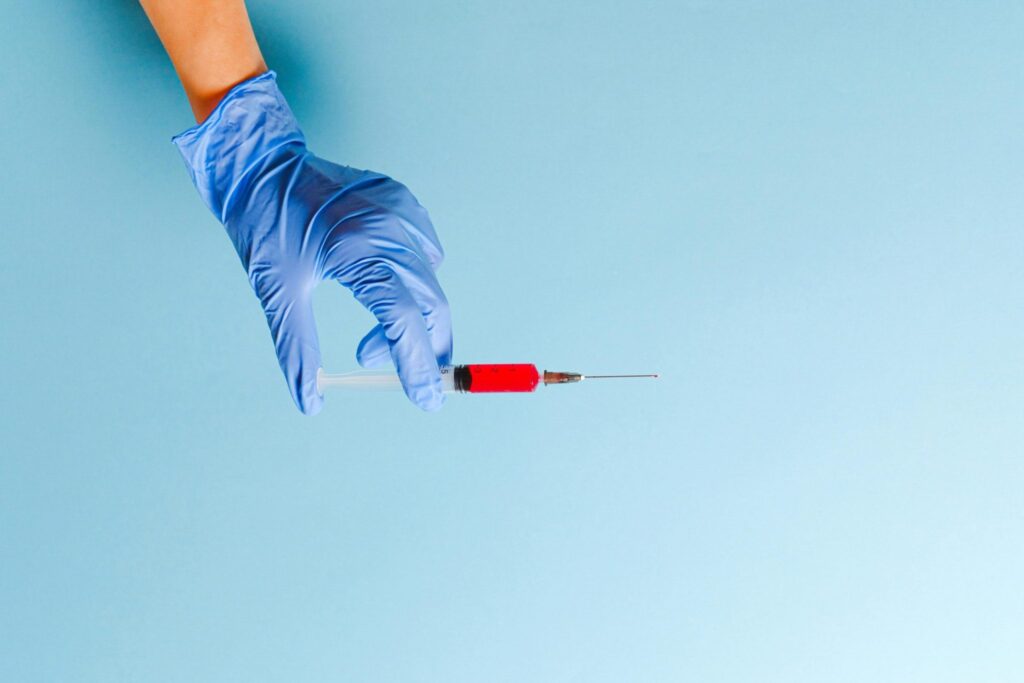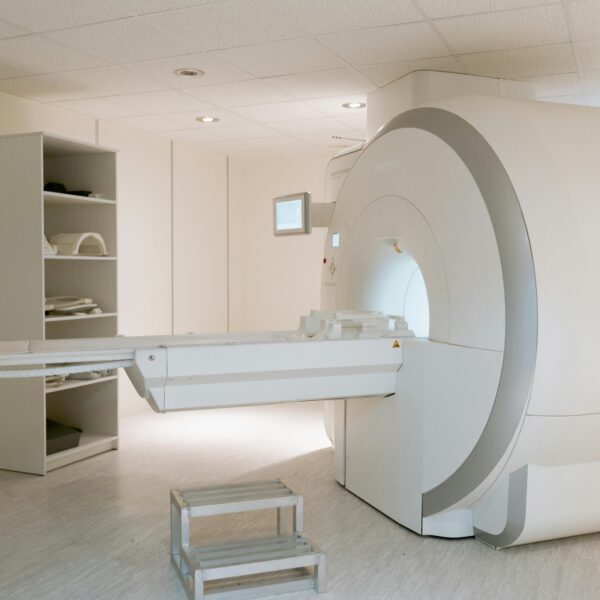National Blood Donor Month, observed each January, has a rich history aimed at increasing blood donation awareness and encouraging individuals to give blood. Established in 1970 by the American Hospital Association and supported by the American Red Cross, this observance was created to highlight the urgent need for blood donations during winter months when supply levels often dip.
Various activities throughout the month, such as community drives and donor recognition events, help reinforce the message that every donation counts. Ultimately, National Blood Donor Month serves as a crucial reminder of our collective responsibility in maintaining an adequate blood supply for patients in need across healthcare settings nationwide.
Why January?
Winter often brings significant challenges to blood donation efforts, leading to critical shortages that can impact hospitals and patients in need. Seasonal factors such as inclement weather, holiday travel, and illness contribute to a decline in donor turnout during this time. The festive season creates a temporary diversion, as many potential donors are busy with celebrations or may be hesitant to donate due to concerns about getting sick.
Consequently, the post-holiday period in January becomes crucial for replenishing blood supplies. Donating blood in January is particularly vital because it helps ensure that medical facilities are equipped to handle the increased demand from surgeries and treatments that tend to rise after the holiday season. Blood donation organizations often launch campaigns during this month to encourage individuals to step forward and make a difference, emphasizing that even a single donation can save multiple lives. By choosing to donate in January, individuals not only help address the urgent need for blood but also set an example of community responsibility during a time when it is needed most.
The Impact of National Blood Donor Month on Community Health
Community health initiatives play a crucial role in promoting overall well-being and addressing critical health needs within populations, particularly through the vital practice of blood donations. Blood donations are essential as they provide life-saving resources for individuals undergoing surgeries, suffering from chronic illnesses, or experiencing trauma due to accidents. Each donation can save up to three lives, highlighting the profound impact that a single act of generosity can have on the community.
Local health organizations often spearhead blood drives, collaborating with hospitals and blood banks to ensure a steady supply of safe blood is available for those in need. These initiatives not only raise awareness about the importance of donating blood but also foster a sense of community engagement and support among residents. By participating in local blood drives and supporting these health organizations, individuals can contribute to saving lives while strengthening community ties and enhancing public health resilience.
How to Get Involved
Donating blood is a vital act of kindness that can save lives, and getting involved is easier than many might think. To begin, individuals can find a local donation center by visiting the websites of organizations such as the American Red Cross or their regional blood banks; these platforms typically offer tools to search for nearby locations based on zip codes. If someone is interested in organizing a blood drive, they can reach out to these same organizations, which often provide resources and support to help plan successful events. This includes promotional materials and guidance on how to recruit donors from schools, workplaces, or community groups.
Additionally, volunteering at blood donation events is another excellent way to contribute; volunteers are essential for managing registration processes and ensuring that donors feel comfortable throughout their experience. By taking these steps—donating blood, organizing drives, or volunteering—individuals not only aid those in need but also foster a spirit of community service that encourages others to participate in this life-saving endeavor.
There are many ways to get involved in helping others, even if you cannot donate blood. If you are interested in helping people through work in healthcare, then check out our open jobs now on our job page, or send us an updated resume and meet with a recruiter as soon as today!











